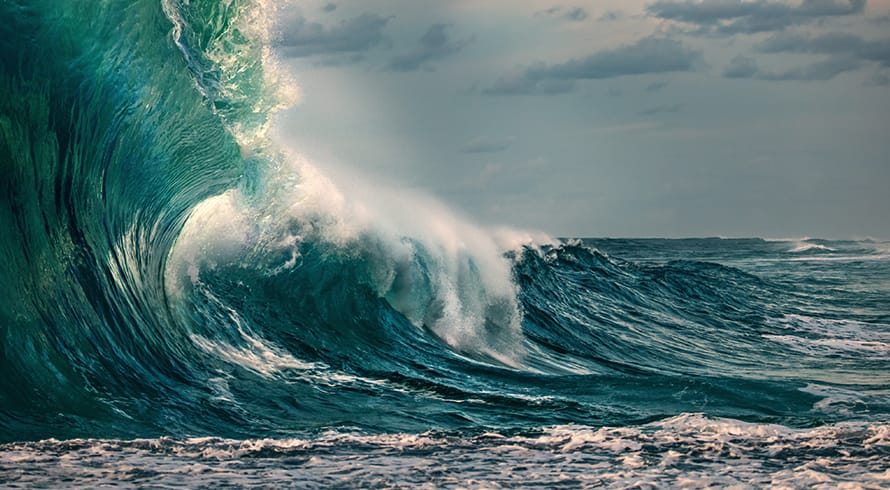Expedited timeframes for water use licence processing to lessen timing risks for independent power producers
At a glance
- Misalignment between environmental permit processing and project development poses challenges for independent power producers (IPPs) in meeting bid criteria and deadlines.
- Delays in water use license (WUL) applications, due to capacity constraints at the Department of Water and Sanitation (DWS), risk projects not meeting bidding criteria.
- Initiating WUL applications early and the DWS' reduction of the application process to 90 days may alleviate timing constraints, but finalization of applications depends on providing necessary information and the DWS recruiting additional officials to fast-track processing.
In particular, water use licence (WUL) applications have been associated with extensive processing periods and unanticipated delays, largely attributable to the capacity constraints synonymous with the Department of Water and Sanitation (DWS). For companies bidding as IPPs in power procurement programmes such as the ongoing Bid Window 5 (BW5) of the Renewable Energy IPP Procurement Programme (REIPPPP), these timing concerns risk projects not meeting the requisite bidding criteria. The risk is further exacerbated by the moratorium the DWS has placed on processing WUL applications until preferred bidder status is awarded, which, together with timing delays, prolongs the wait for WULs to be granted. What this may encourage, however, is project developers’ initiation of WUL application processes through the DWS’ online application portal, E-WULAAS, and pre-application meetings well in advance of bid submission deadlines. The importance of doing so is now reflected in the REIPPPP BW5 request for proposals which requires that, as at bid submission date, the bidder must have proof that an integrated WUL application or WUL application has been made.
Together, early application submissions and the DWS’ reduction of the WUL application process to 90 days from the previous 300-day period may alleviate the timing constraints characteristic of WUL applications. It is understood that the expedited process was applicable to applications as of April 2021, however, formal amendments to the regulations dealing with applications have not been finalised as yet. The finalisation of WUL applications within this shortened time period is subject to the DWS being provided with all the requisite administrative and technical information needed to enable the necessary screening and assessment of the application. This is part of a three-step process that is now catered for on the E-WULAAS portal, specifically: (i) a pre-application engagement meeting between the applicant and the DWS, following the compilation of a technical report by the applicant’s specialist; (ii) the screening of the technical report by the DWS and the acceptance or rejection thereof; and (iii) the DWS’ assessment of an accepted technical report.
From communications from the DWS it is understood that, together with the initiation of expedited processing timeframes, additional officials will be recruited to fast-track applications to address the historic capacity constraints of the department. These steps are vital in encouraging infrastructure development, and particularly for ensuring a level of alignment with the timeframes associated with the development of energy generation projects. Although it is still the case that WUL applications will not be processed by the DWS until projects participating in power procurement rounds are awarded preferred bidder status, the expediated timeframe will nonetheless assist in BW5 of REIPPPP, and future IPP procurement programmes, as pending WUL applications will be less likely to impact on Commercial Close, Financial Close or implementation of the projects.
With the BW5 REIPPPP bid submission date having just passed on 16 August 2021, it will be telling whether the DWS abides by the 90-day limit in processing the WUL applications of preferred bidders. The risk, however, remains on the bidders to ensure material consents such as a WUL are in place by Commercial Close and Financial Close.
The information and material published on this website is provided for general purposes only and does not constitute legal advice. We make every effort to ensure that the content is updated regularly and to offer the most current and accurate information. Please consult one of our lawyers on any specific legal problem or matter. We accept no responsibility for any loss or damage, whether direct or consequential, which may arise from reliance on the information contained in these pages. Please refer to our full terms and conditions. Copyright © 2024 Cliffe Dekker Hofmeyr. All rights reserved. For permission to reproduce an article or publication, please contact us cliffedekkerhofmeyr@cdhlegal.com.
Subscribe
We support our clients’ strategic and operational needs by offering innovative, integrated and high quality thought leadership. To stay up to date on the latest legal developments that may potentially impact your business, subscribe to our alerts, seminar and webinar invitations.
Subscribe




